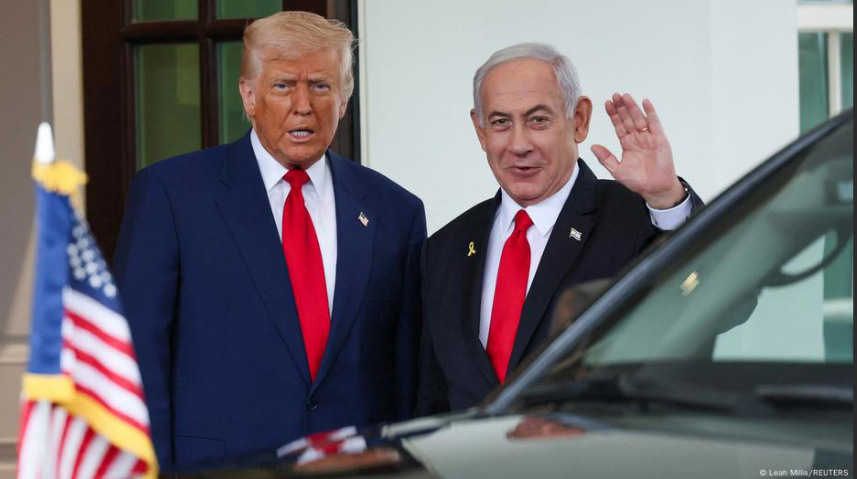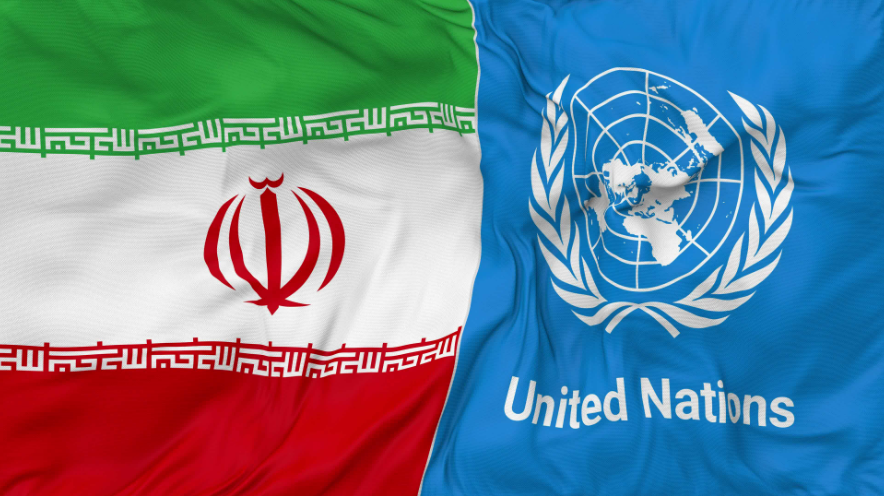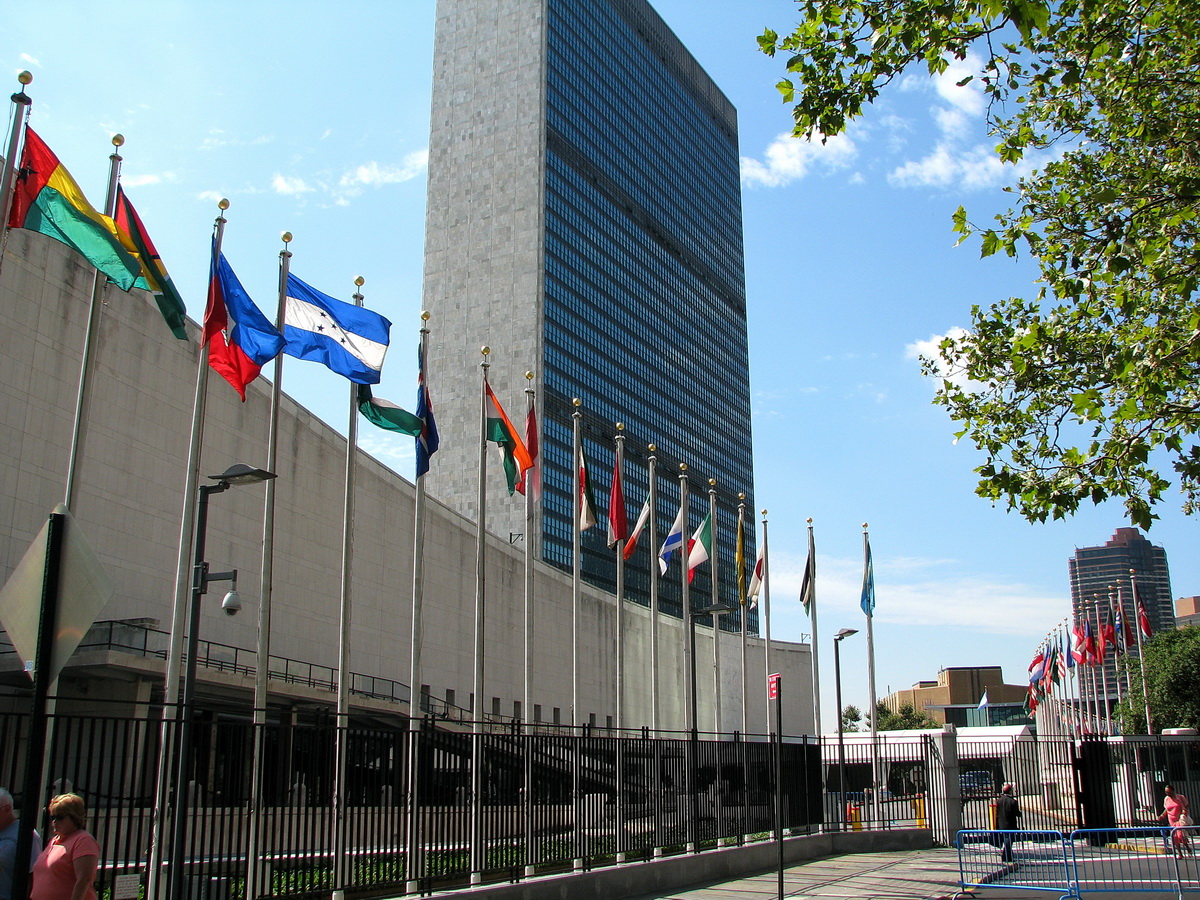By Dr. Matthijs de Blois, Senior Fellow, thinc.
In a Judgment of 2 September 2019 the Appeals Chamber of the ICC orders the Prosecutor to reconsider her decision not to investigate the Gaza flotilla case. The wanderings of this case through the avenues and alleys of the procedural provisions of the Rome Statute of the ICC seems to become a journey without end.[1]
The Gaza War, a Naval Blockade, and the Marvi Marmara
During the Gaza-War of 2008-2009, Israel imposed a naval blockade on the Hamas-controlled Gaza Strip.[2] On 31 May 2010, a group of six vessels tried to break the blockade, with the purpose to put an end to what was called the “siege of Gaza” and to bring humanitarian goods to the Gaza Strip. To prevent this, the Israeli IDF forces captured the vessels and brought them to the Port of Ashdod. In this incident, the activists and the IDF used force. Nine activists sailing on the main ship, the Mavi Marmara, were killed; 55 activists and 9 IDF soldiers were wounded.
The legal and political debate regarding the flotilla incident is still ongoing. In this regard, the Union of the Comoros, the flag-state of the main vessel, the Mavi Marmara, had requested the Prosecutor of the International Criminal Court to start an investigation into the incident, in accordance with Article 14 of the Statute of the ICC (referral of a situation by a State Party). The Comoros held that this Court has jurisdiction, because the alleged crimes took place on board of a vessel sailing under its flag.[3] The Office of the Prosecutor had started a preliminary investigation in order to establish whether the criteria for opening an investigation have been met.[4] On 6 November 2014, the Prosecutor, pursuant to Article 53(1)(c) of the Statute[5] concluded that, although the information provided a reasonable basis to believe that war crimes had been committed, the potential case(s) that would likely arise from the investigation would not be of sufficient gravity to justify further action by the Court. This/these case(s) would therefore be inadmissible pursuant Article 17(1)(d) and 53(1)(b) of the Statute.At the request of the Union of the Comoros, the Pre-Trial Camber of the Court reviewed the decision of the Prosecutor. In a majority decision (2 to 1) of 16 July 2015, the Chamber requested the Prosecutor to reconsider her decision not to initiate an investigation into the situation.[6] Subsequently, the Prosecutor appealed the decision. In a majority decision (3 to 2) of 6 November 2015, the Appeals Chamber declared the appeal inadmissible[7], observing that ‘the Prosecutor is obliged to reconsider her decision not to investigate, but [that she] retains ultimate discretion over how to proceed.’[8] On 29 November 2017 the Prosecutor eventually reaffirmed her earlier decision ‘that in the absence of a potential case of sufficient gravity (…) there is no reasonable basis to proceed with an investigation.’[9]
However, the Union of the Comoros did not agree. It filed an Application for judicial review with the Pre-Trial Chamber, which on 15 November 2018, requested the Prosecutor again to reconsider her decision. The Prosecutor asked the Pre-Trial Chamber for leave to appeal against this decision, which was granted. The Appeals Chamber delivered its judgment on 2 September 2019.
Legal Proceedings at the ICC – Disagreement Between the Prosecutor and the Pre-Trial Chamber
In the subsequent judicial decisions in this case and also in this most recent judgment the central legal issue is the division of powers of on the one side the Prosecutor and on the other the Court, when it comes to the decision to initiate or not an investigation under the Statute. The framework of this legal battle is Article 53 of the Statute of the ICC.[10] The Appeals Court (in majority) observed that the powers of the Pre-Trial Chamber to review a decision of the Prosecutor in cases, as the present one, where a decision not to investigate is based on Article 53(1)(a) or (b) is more limited than in other cases. However, the request of the Pre-Trial Chamber to reconsider should be taken seriously by the Prosecutor. That means that she is bound by the legal interpretations by the Pre-Trial Chamber of the relevant substantive and procedural provisions. On the other hand, when it comes to the findings on the facts, it is primarily up to the Prosecutor to assess the available information and to apply the law to the facts. ‘Accordingly, the Appeals Chamber, by majority, finds that it is not the role of the Pre-Trial Chamber to direct the Prosecutor as to what result she should reach in the gravity assessment or what weight she should assign to the individual factors. The Pre-Trial Chamber may, however, oblige the Prosecutor to take into account certain factors and/or information relating thereto when reconsidering her decision not to initiate an investigation.’[11] The Appeals Chamber concluded that the Prosecutor had erroneously not followed the directions of the Pre-Trial Chamber concerning the interpretation of the law. On the other hand it observed that the Pre-Trial Chamber had overstepped its powers in giving the Prosecutor directions as to the evaluation of the facts. As a result the Appeals Chamber directs the Prosecutor to reconsider her decision not to investigate in accordance with the decision of the Pre-Trial Chamber of 16 July 2015 and its own Judgment.[12] In addition, the Appeals Court in a remarkable move reprimands the Prosecutor for the ‘unfortunate language’ she used to express her disagreement with the Pre-Trial Chamber.[13]
This suggests that a fierce battle is going on within the ICC premises between the Prosecutor and the Court concerning this case, where eventually also the right of Israel to defend itself against the terror of Hamas is at issue. We have to conclude that the “Flotilla case” will continue.
[1] ICC-01/13 OA 2 Situation on Registered Vessels of the Union of the Comoros, the Hellenic Republic and the Kingdom of Cambodia. Judgment on the appeal of the Prosecutor against Pre-Trial I’s ‘Decision on the “Application for Judicial Review by the Government of the Union of the Comoros”` (Judges Eboe-Osuji and Ibáñez partly dissenting).
[2] On 3 January, 2009.
[3] ICC-01/13-1-Annex 2, p.3.
[4] See ICC- The Office of the Prosecutor, Report on Preliminary Examination Activities 2013, November 2013, pp. 21-24.
[5] International Criminal Court. The Office of the Prosecutor, Situation on Registered Vessels of Comoros, Greece and Cambodia. Article 53(1) Report, 6 November 2014.
[6] International Criminal Court, Pre-Trial Camber I, ICC-01/13, 16 July 2015; Judge Kovács dissenting.
[7] International Criminal Court, Appeals Chamber, ICC-01/13 OA, 6 November 2015; Judges Fernandez de Gumendi and Van den Wyngaert dissenting.
[8] Id. para. 59.
[9] International Criminal Court, Report on Preliminary Examinations Activities 2017, par. 336, p. 72.
[10] Article 53 – Initiation of an investigation
[11] Judgment par. 81.
[12] Judgment par. 96.
[13] Judgment par. 90.



